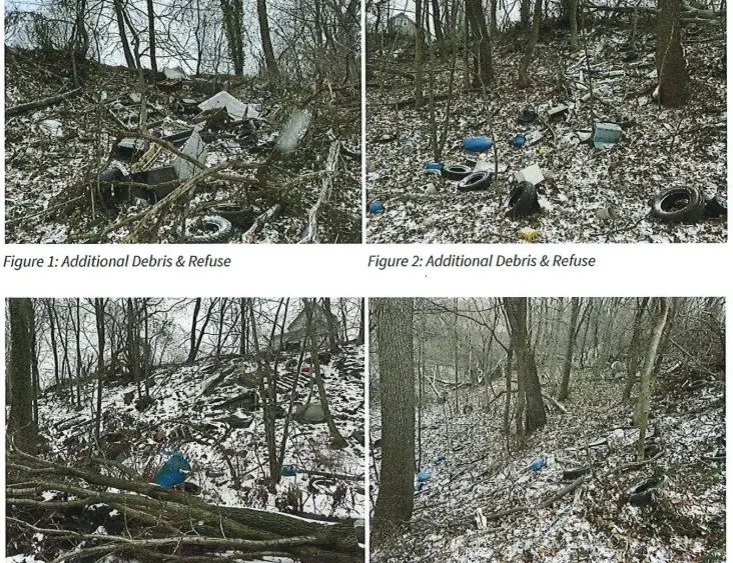
Nearly 48,000 Michiganders are receiving retroactive unemployment payments following a review of their claims based on new, higher weekly benefit rates signed into law in December. Totaling $34 million, the back payments were issued after a thorough review by the Michigan Unemployment Insurance Agency (UIA).
Claimants should check their Michigan Web Account Manager (MiWAM) account for a Monetary Redetermination Letter. The letter explains the increase in payments based on the difference between the old and new maximum benefit. Claimants also will receive a copy of the letter mailed to the address listed on their account.
“This money will help thousands of Michiganders across the state pay their bills and feed their families,” said UIA Director Jason Palmer. “Our phone staff is hearing from many, many callers who appreciate receiving the extra money while they search for work. This is one of the many benefits from bipartisan legislation signed into law by Governor Whitmer last December.”
More than 78,000 claims filed between Jan. 1, 2025, and April 1, 2025, were reviewed to determine eligibility to receive an increase in weekly benefit amounts, based on Public Act 173 of 2024 which raised the maximum weekly benefit to $446 from $362. Of the more than 78,000, approximately 47,900 qualified to receive retroactive payments.
Claimants who do not receive a Monetary Redetermination Letter did not qualify for a change in their benefits. The change in the law does not guarantee a claimant will receive higher benefits.
5 things to know about the claims review
- Review timeframe. Claims filed prior to Jan. 1 will not be reviewed for a possible weekly benefit rate adjustment. UIA reviewed claims filed between Jan. 1 and April 1, 2025, the dates set by the passage of the legislation.
- Notifications: Watch MiWAM accounts and the U.S. mail for a Monetary Redetermination Letter with details about a new weekly benefit amount. Those determined to be ineligible for an adjustment to benefits will not receive a letter.
- Receiving funds. Additional benefits will be paid in one lump sum either loaded onto a debit card or deposited directly into a bank account, whichever option the claimant has chosen. Taxes will be taken out if that’s the claimant’s preference.
- Disagree with UIA? Claimants have the right to protest and appeal UIA’s monetary redetermination. For directions, see UIA’s Protests and Appeals webpage.
- No review of weeks. While the changes in unemployment law increase the maximum number of weeks of benefits to 26 (up from 20), that is not part of the retroactive benefits review. Claims will only be reviewed for changes to benefits.
Available to claimants and employers is a detailed FAQ that explains more about the retroactive claims review process.
Public Act 173 of 2024, which went into effect on April 2, 2025, also increased the payment per dependent (up to five maximum) to $12.66, up from $6.
Future changes in the unemployment law
There will be other changes to Michigan’s unemployment law in the coming years:
- On Jan. 1, 2026, the maximum weekly benefit will go up to $530; and increases to $614 on Jan. 1, 2027.
- On Jan. 1, 2026, the amount for each dependent goes up to $19.33; and increases to $26 on Jan. 1, 2027.
- Starting in 2028, the state Treasurer annually will set the weekly benefit and dependent amounts, based on the national Consumer Price Index published by the Bureau of Labor Statistics (BLS), part of the U.S. Department of Labor (USDOL).
- Beginning in July 2026, claimants will be required to record three work search activities each week, up from the current one work search per week.
- Also in July 2026, the law will allow an individual to be qualified for unemployment benefits if the individual left work due to being a victim of domestic violence.






